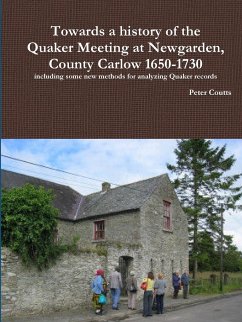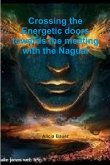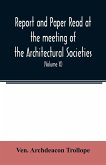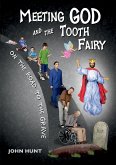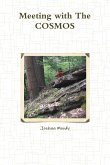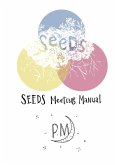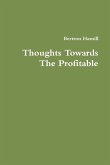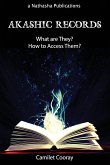The author analyses and describes the manner in which the Newgarden Meeting evolved from circa 1650 to 1730, exploring a wide range of topics including the growth in membership, Meeting discipline, governance, socio-economic status, tithe assessment, record keeping, religious life,education and migration. A number of new approaches to the analysis of Quaker records are used to assess participation of members in Meeting governance and readers are introduced to a "Reconstitution Model" that incorporates and integrates all manner of Quaker records enabling researchers to estimate Meeting membership at any point in time as well as to explore many other aspects of Quaker life with reasonable confidence. The author demonstrates that the Meeting was essentially governed by the wealthiest Members and he offers a number of select biographies of the wealthy and Members of lesser socio-economic status for comparison.

